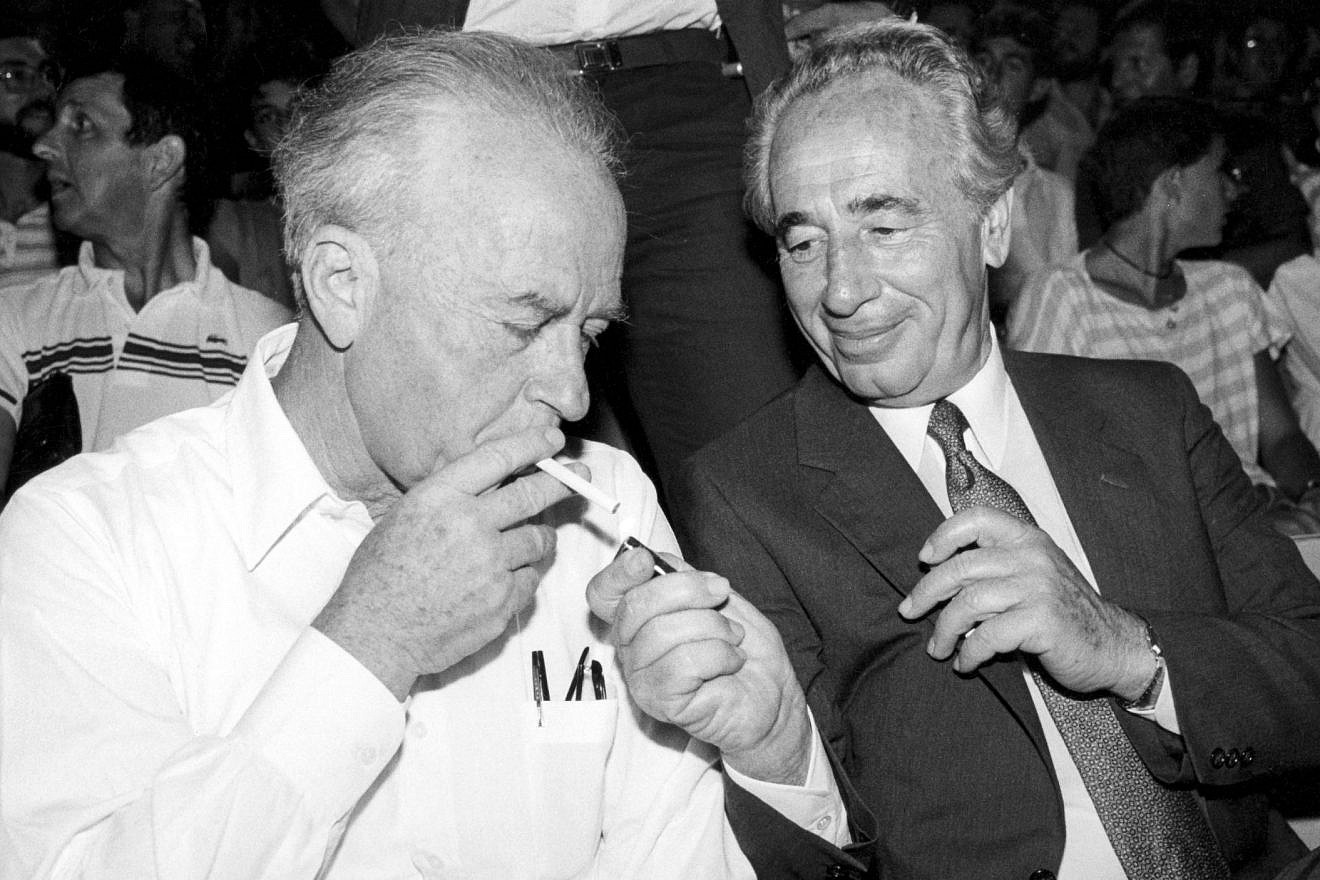The nostalgic news media is dwelling on the 30th anniversary of the Oslo Peace Process, which began on Sept. 13, 1993 at the White House. There, Israel signed the Declaration of Principles (DOP) between Israel and the PLO.
The agreement, hammered out in Oslo, Norway, stipulated mutual recognition between Israel and the PLO. It also required the PLO to cease and desist from terrorism and to nullify its covenant, which calls for Israel’s destruction.
The Israeli Knesset ratified the Oslo Accords by a vote of 61-50, with nine abstentions, a week later.
However, hardly any attention was paid to the fact that, on Oct. 6, 1993, the PLO-Fatah executive failed to ratify the Oslo Accords for lack of a quorum.
Pinchas Inbari, one of the only Israeli correspondents covering the PLO in Tunis at the time, broke the story of the PLO’s failure to ratify the Accords in the Israeli left-wing newspaper Al HaMishmar.
The rest of the Israeli media did not report it and the Israeli government acted as if the PLO had ratified the Accords.
Inbari was scheduled to appear on a popular morning radio show when he got back from Tunis. Prime Minister Yitzhak Rabin, however, personally called Israeli state radio and persuaded them to cancel the appearance.
The Israeli government promptly dispatched then-Deputy Minister of Foreign Affairs Yossi Beilin to Tunis to thank PLO chief Yasser Arafat for facilitating the ratification of the Oslo Accords, which Arafat and the PLO had not ratified.
It was a sign of things to come.
Dr. Michael Widlanski, a former New York Times reporter, along with a top team of Arabic-speaking reporters, uncovered the long record of duplicity on the part of Arafat and his Palestinian Authority. Widlanski personally reviewed nearly half a million documents contained in the computer discs, hard drives and file boxes that were seized by the Israeli government in 2002 when then-Israeli Minister of Public Security Uzi Landau ordered the closure of Orient House, which was the quasi-official seat of the P.A. in Jerusalem.
As Widlanski, who sent me a number of copies of the documents in Arabic, said, “The documents repeatedly showed that Arafat was in day-to-day control of the details of the Palestinian Authority’s military operations. … They showed irrefutably that he controlled Fatah’s Tanzim militia [and other terror organizations], not that they controlled him.”
The documents showed that Arafat’s proxies like Faisal Al-Husseini relayed requests for approval of expenditures to Arafat himself. For example, among the captured documents were reports addressed to Al-Husseini from a joint field committee of Palestinian organizations. They detailed terrorist operations carried out in Jerusalem, along with a budget request to cover operational costs for the coming month.
“After Al-Husseini initiated this document, he wrote a separate letter to Arafat relaying the request and recommending he approve the expenditure,” Widlanski stated.
The documents from Orient House were stored in a police warehouse in Beit Shemesh. They provide insight into the workings of the P.A. secret police in Jerusalem and the P.A.’s involvement in all areas of organized crime—drugs, prostitution, arms smuggling and car thefts.
Two police officials asked me at the time if I could find private funds to translate these documents. However, the officials later informed me that a decision had been made not to disclose them to the public.
I asked MK Tzachi Hanegbi, the then-chairman of the Knesset Foreign Affairs and Defense Committee, why this decision was made. He said the answer was “classified.”
Eventually, a flood at the Israel Police headquarters in Beit Shemesh destroyed the Orient House documents, which would have shed light on Arafat’s true intentions.
In its desire to plant the false belief that Arafat was genuinely trying to usher in an era of peace, the Israeli government and media chose to overlook this significant failure.
Very few people know of or remember Inbari’s story. After I read it, I wrote that Arafat might go down in history as another Woodrow Wilson, whose post-World War I peace plan was rejected by the U.S. Congress.
This didn’t happen, because the Israeli government and media prevented anyone from knowing that that the peace process with the PLO lasted less than three weeks.

























